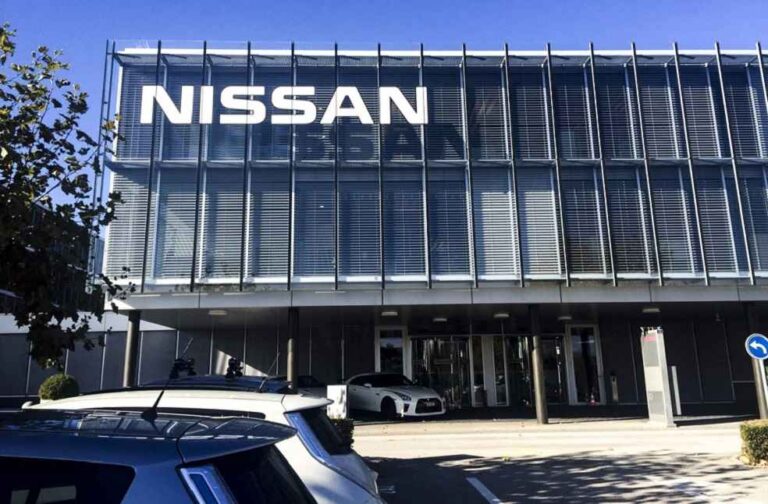Nissan Motor has called for a reassessment of the UK government’s Zero Emissions Vehicle (ZEV) Mandate, urging a more flexible and realistic approach to the transition to electric vehicles (EVs). The company warned that the current policy could strain the automotive sector, jeopardizing jobs and investments.
Industry Concerns Over Rigidity
The ZEV Mandate requires automakers to ensure that 22% of their new car sales in 2024 are purely electric, with non-compliance leading to heavy financial penalties. Nissan argues that this aggressive target does not align with current market realities. The company proposed a two-year monitoring period for 2024 and 2025, emphasizing the need to adapt to the evolving EV market.
While battery electric vehicles (BEVs) have shown growth, reaching an 18.1% market share in 2024—up from 16.3% in 2023—the figures fall short of the government’s ambitious targets. Nearly 300,000 BEVs have been registered in the UK this year, but the market shows signs of a slowdown.

Challenges Facing EV Adoption
Nissan’s concerns reflect broader industry trends. Automakers worldwide are grappling with issues such as limited affordable EV models, insufficient charging infrastructure, trade tensions, and increased competition from Chinese manufacturers. These factors complicate efforts to meet ambitious electrification goals.
Nissan warned of significant risks to the UK’s automotive sector, stating that the mandate could undermine the business case for manufacturing cars in the UK and threaten thousands of jobs and billions in investments.
Proposed Adjustments
- To address these challenges, Nissan recommended:
- Increased flexibility in credit borrowing under the mandate
- A two-year monitoring period to assess market readiness
Recognition of the current barriers to EV adoption
These measures aim to balance environmental objectives with economic realities, ensuring that the transition to electrification remains viable for automakers operating in the UK.

Broader Implications for the Industry
Nissan’s position aligns with concerns raised by other manufacturers. Stellantis, for example, has warned it may cease UK production unless stronger measures are taken to boost EV demand. The UK automotive sector’s precarious position underscores the need for pragmatic policies during the electrification transition.
Market analysts have identified several reasons for the slowing demand for EVs, including high purchase prices, limited charging infrastructure, range anxiety, and economic uncertainty. These issues are not unique to the UK but represent global challenges to widespread EV adoption.
A Pivotal Decision for the UK Government
Nissan’s appeal for flexibility does not oppose the transition to EVs but seeks a more practical approach to implementation. The government now faces a crucial decision: uphold stringent mandates or adjust policies to address industry concerns. The outcome will shape the future of the UK’s automotive sector, its workforce, and the country’s broader EV strategy.
DON’T MISS | UK Ministers and Auto Leaders Address EV Mandate and Industry Support





